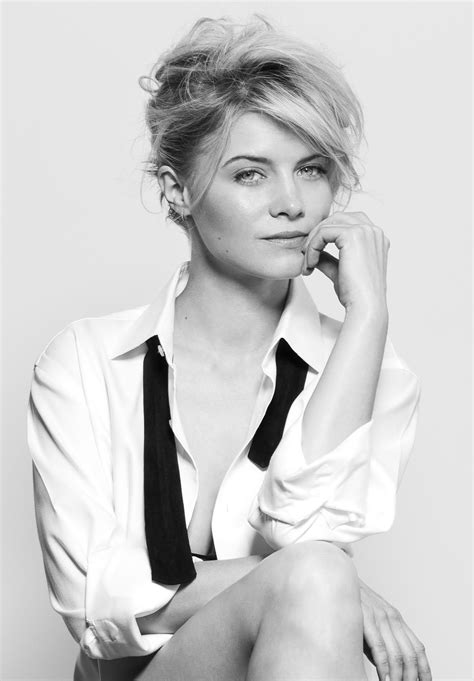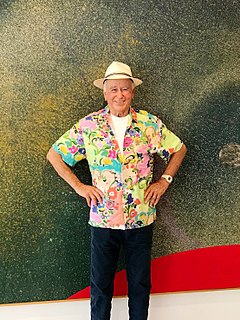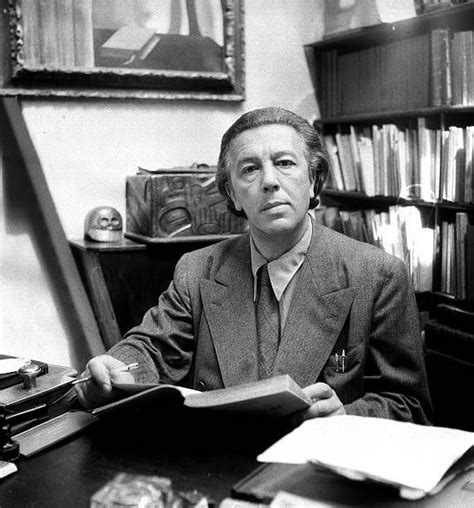A Quote by Hans Haacke
A standard line, promoted by people like Clement Greenberg, is that politics contaminates art, and Manet is often cited as an example of art for art's sake.
Related Quotes
As a composer, I believe that music has the power to inspire a renewal of human consciousness, culture, and politics. And yet I refuse to make political art. More often than not political art fails as politics, and all too often it fails as art. To reach its fullest power, to be most moving and most fully useful to us, art must be itself.
Art makes people do a double take and then, if they're looking at the picture, maybe they'll read the text under it that says, "Come to Union Square, For Anti-War Meeting Friday." I've been operating that way ever since - that art is a means to an end rather than simply an end in itself. In art school we're always taught that art is an end in itself - art for art's sake, expressing yourself, and that that's enough.
Warhol and other Pop artists had brought the art religion of art for art's sake to an end. If art was only business, then rock expressed that transcendental, religious yearning for communal, nonmarket esthetic feeling that official art denied. For a time during the seventies, rock culture became the religion of the avant-garde art world.
I think there is a debate in the arts about, you know, whether we must strive for art for art's sake, and you know, kind of try to keep political debate out of our work. And to that I say, I'd like you to show me an example of, you know, this so-called apolitical art. I don't think there's any such thing.
My definition of art has always been the same. It is about freedom of expression, a new way of communication. It is never about exhibiting in museums or about hanging it on the wall. Art should live in the heart of the people. Ordinary people should have the same ability to understand art as anybody else. I don’t think art is elite or mysterious. I don’t think anybody can separate art from politics. The intention to separate art from politics is itself a very political intention.
Cookery is a wholly unselfish art: as 'art for art's sake' it is unthinkable. A man may sing in his bath every morning without the least encouragement, but no cook can cook just for his or her own sake in a like manner. All good cooks, like all great artists, must have an audience worth cooking for.





































